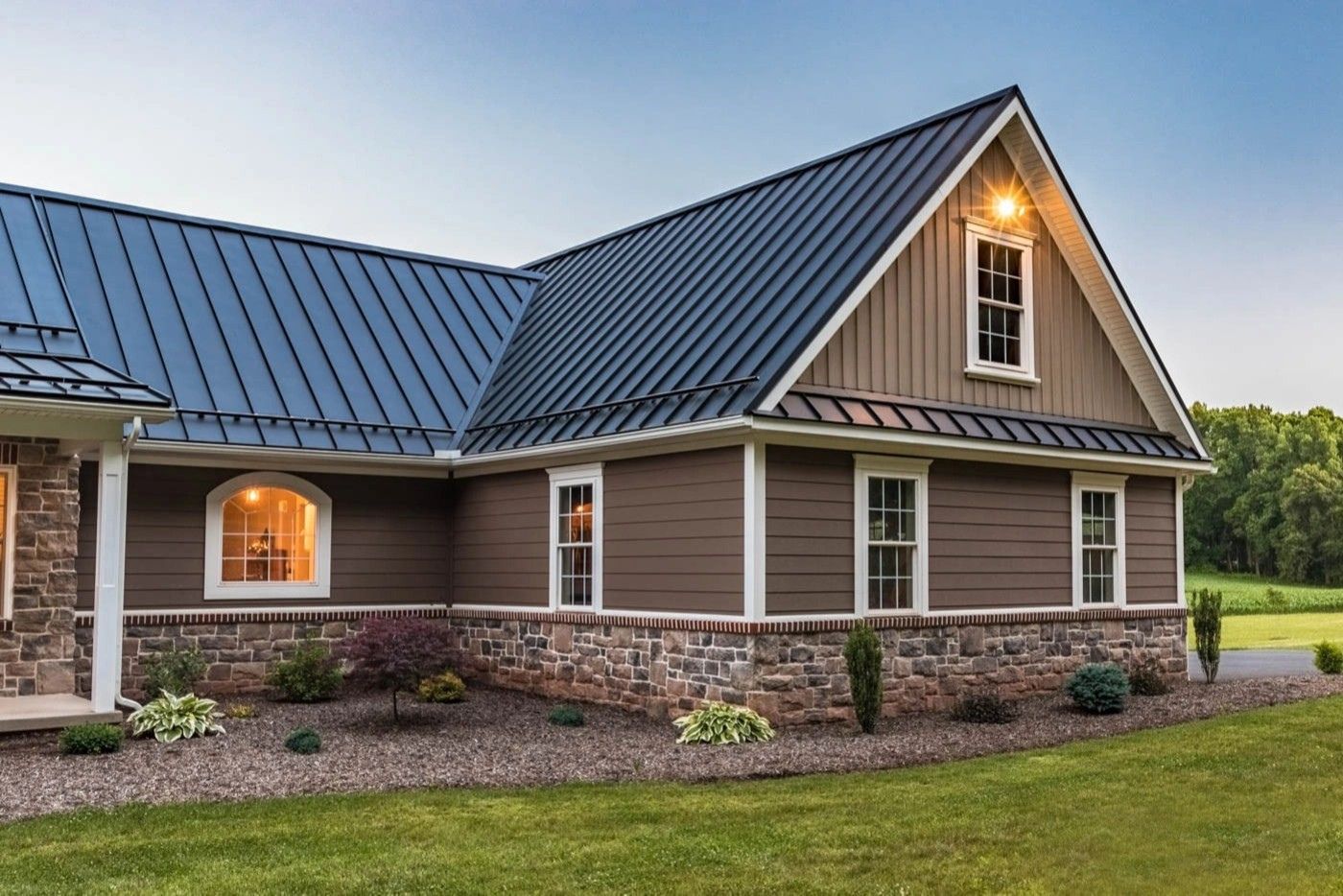

Articles
What Is The Cost Of A Metal Roof
Modified: December 7, 2023
Discover the average cost of a metal roof and get helpful articles on how to choose the best metal roofing materials for your home.
(Many of the links in this article redirect to a specific reviewed product. Your purchase of these products through affiliate links helps to generate commission for Storables.com, at no extra cost. Learn more)
Introduction
A metal roof, known for its durability and longevity, has gained popularity as a practical and aesthetically pleasing roofing option for residential and commercial buildings. With its ability to withstand extreme weather conditions and its low maintenance requirements, a metal roof is often seen as a worthwhile investment.
However, before deciding to install a metal roof, it is important to understand the cost involved. The cost of a metal roof can vary based on several factors, such as the size of the roof, the type of metal used, the complexity of the installation, and the location of the property.
In this article, we will explore the factors that affect the cost of a metal roof, the different types of metal roofing materials available, the average cost per square foot, additional costs to consider, and the benefits of installing a metal roof. By providing you with a comprehensive understanding of the costs associated with metal roofing, we aim to help you make an informed decision for your roofing needs.
Key Takeaways:
- Metal roofs offer durability, energy efficiency, and aesthetic appeal, making them a cost-effective and sustainable roofing option for residential and commercial properties.
- Factors such as roof size, complexity, and material type influence the cost of a metal roof, but long-term savings and environmental benefits make it a worthwhile investment.
Read more: What Are The Disadvantages Of A Metal Roof?
Factors Affecting the Cost of a Metal Roof
Several factors come into play when determining the cost of installing a metal roof. Understanding these factors can help you evaluate the overall expenses and plan accordingly. Here are some key factors that affect the cost of a metal roof:
- Roof Size: The size of your roof is one of the primary factors that determine the cost. Larger roofs will require more materials and labor, increasing the overall cost of the project.
- Roof Complexity: The complexity of your roof’s design, such as multiple angles, slopes, and unique architectural features, can impact the cost. A more complex roof requires additional time and expertise to install, resulting in higher labor costs.
- Metal Roofing Material: There are various types of metal roofing materials available, including steel, aluminum, copper, and zinc. Each material varies in terms of cost, durability, and aesthetic appeal. Copper and zinc are more expensive compared to steel and aluminum.
- Roof Pitch: The pitch or slope of your roof can affect the cost. Steeper roofs require additional safety measures and expertise during installation, which can contribute to the overall cost.
- Location: The location of your property can impact the cost of a metal roof. Factors such as local labor rates, access to materials, and regional weather conditions can influence the overall cost.
- Additional Features: The inclusion of additional features, such as skylights, chimneys, vents, and insulation, will add to the overall cost. These features may require additional materials and labor to properly integrate with the metal roof.
It is important to consider these factors when budgeting for a metal roof installation. While some factors, such as roof size and complexity, may be beyond your control, you can make informed decisions regarding the type of metal roofing material and any additional features you may want to include.
Next, let’s explore the different types of metal roofing materials available and their respective costs.
Types of Metal Roofing Materials
When it comes to metal roofing, there are several options to choose from, each offering unique benefits and aesthetic appeal. Here are the most common types of metal roofing materials:
- Steel: Steel is a popular choice for metal roofs due to its durability, affordability, and wide availability. It is typically coated with zinc or a combination of zinc and aluminum to prevent corrosion. Steel roofing offers excellent strength and can withstand harsh weather conditions.
- Aluminum: Aluminum is lightweight, corrosion-resistant, and suitable for coastal areas due to its resistance to saltwater damage. It is more expensive than steel but offers superior longevity and is often the preferred choice for areas prone to high humidity and salt air.
- Copper: Copper is known for its distinctive appearance that develops a beautiful patina over time. It is a premium metal roofing material that is highly durable and resistant to corrosion. Copper roofs are often chosen for their aesthetic appeal and can last for over a century with proper maintenance.
- Zinc: Zinc is a versatile metal roofing material known for its longevity and self-healing properties. It naturally develops a protective layer called patina, which helps in preventing corrosion. Zinc roofs are visually appealing and are considered an environmentally friendly option.
The cost of these metal roofing materials can vary significantly, with copper being the most expensive and steel being the most affordable. It is important to consider your budget, desired aesthetic, and long-term durability when selecting the type of metal roofing material for your project.
While these are the main types of metal roofing materials available, there can be variations and combinations that offer different benefits. It is best to consult with a professional roofing contractor who can provide expert advice based on your specific needs and local climate conditions.
Now that we have discussed the types of metal roofing materials, let’s explore the average cost of metal roofing per square foot.
Average Cost of Metal Roofing per Square Foot
When it comes to estimating the cost of a metal roof, it is usually measured in terms of cost per square foot. The average cost can vary based on factors such as the type of metal, location, labor costs, and additional features. Here is a general breakdown of the average cost range per square foot for different types of metal roofing:
- Steel Roofing: The average cost of steel roofing can range from $5 to $12 per square foot. The cost will depend on the specific steel material and its quality.
- Aluminum Roofing: Aluminum roofing typically costs between $7 and $15 per square foot. The higher cost is due to the material’s durability and resistance to corrosion.
- Copper Roofing: Copper roofing is the most expensive option, with prices ranging from $15 to $30 per square foot. The premium cost is a result of copper’s longevity, aesthetic appeal, and durability.
- Zinc Roofing: The cost of zinc roofing falls within the range of $10 to $20 per square foot. The specific cost will depend on the thickness of the zinc material and any additional customization.
Keep in mind that these costs are just averages, and the final price may vary based on factors such as the size of the roof, roof complexity, and the specific requirements of your project.
It is essential to obtain quotes from multiple roofing contractors to get a more accurate estimate for your project. The contractors will consider factors such as the roof size, labor costs, design complexity, and any additional features or customization you require.
In addition to the material costs, it is important to factor in the cost of installation, which can range from $3 to $7 per square foot. Labor costs may vary based on location and the level of expertise required for the specific metal roofing material.
By understanding the average cost range per square foot, you can better plan your budget and make informed decisions when it comes to installing a metal roof.
Next, let’s explore some additional costs and factors to consider when budgeting for your metal roof installation.
When considering the cost of a metal roof, be sure to factor in the longevity and durability of the material. While the initial cost may be higher than other roofing materials, the long-term savings on maintenance and replacement can make it a cost-effective choice.
Additional Costs and Factors to Consider
When budgeting for a metal roof installation, there are additional costs and factors to consider beyond the material and labor costs. These factors can impact the overall cost and should be taken into account during the planning process. Here are some important considerations:
- Roof Insulation: Insulating your metal roof can improve energy efficiency and reduce heating and cooling costs. The cost of adding insulation will depend on the type of insulation material and the size of your roof.
- Roof Flashing: Flashing is used to prevent water leakage around chimneys, skylights, and other roof protrusions. The cost of flashing materials and installation should be factored into your budget.
- Gutter Installation: Metal roofs often require proper gutter systems to efficiently collect and direct water runoff. The cost of gutter installation should be considered to ensure proper drainage and protect your property’s foundation.
- Permits and Building Codes: Before installing a metal roof, you may need to obtain permits and ensure compliance with local building codes. The cost of permits and any necessary inspections should be factored into your budget.
- Roof Maintenance: While metal roofs are generally low maintenance, some periodic inspections and maintenance may be required. It is important to consider the long-term cost of maintenance to preserve the lifespan and performance of your metal roof.
Additionally, it’s crucial to hire a professional roofing contractor with experience in metal roof installations. Choosing a reputable contractor ensures proper installation, which is vital for the longevity and performance of your roof. The cost of hiring a professional may vary, so it’s advisable to obtain multiple quotes and review the credentials and reviews of potential contractors.
By considering these additional costs and factors, you can create a more accurate budget for your metal roof installation. It is important to have a comprehensive understanding of the full scope of the project to avoid any surprises or unexpected expenses.
Now that we have explored the additional costs and factors to consider, let’s dive into the benefits of installing a metal roof.
Read more: What Is A Standing Seam Metal Roof
Benefits of Installing a Metal Roof
Installing a metal roof offers numerous benefits that make it an attractive option for homeowners and building owners. Here are some of the key advantages of choosing a metal roof:
- Durability: Metal roofs are known for their exceptional durability and longevity. They can withstand harsh weather conditions, including heavy rain, snow, high winds, and extreme temperatures. Metal roofs are also resistant to fire, rot, and insect damage, ensuring a long-lasting and low-maintenance roofing solution.
- Energy Efficiency: Metal roofs are highly energy-efficient. They reflect solar heat, reducing the amount of heat absorbed by the building and reducing cooling costs during hot summers. Additionally, metal roofs can be installed with insulation, further enhancing energy efficiency and reducing heating costs in cold climates.
- Eco-Friendly: Metal roofs are a sustainable choice for environmentally conscious individuals. They are often made from recycled materials and are fully recyclable at the end of their lifespan. Metal roofs can also be installed over existing roofs, reducing the need for disposal of old materials.
- Aesthetic Appeal: Metal roofs offer a sleek and modern look that can enhance the curb appeal of any home or building. They are available in a wide range of styles, colors, and finishes, allowing for customization to match different architectural designs and personal preferences.
- Low Maintenance: Metal roofs require minimal maintenance compared to traditional roofing materials. They are resistant to mold, mildew, and moss growth, eliminating the need for frequent cleaning. Periodic inspections and gutter cleaning are usually sufficient to maintain the roof’s performance and appearance.
- Long-Term Cost Savings: While the upfront cost of a metal roof may be higher than other roofing materials, its long-term cost savings make it a worthwhile investment. Metal roofs have a longer lifespan, reducing the need for frequent replacements. Additionally, energy savings, lower maintenance costs, and potential insurance discounts can contribute to significant savings over time.
These benefits make a metal roof a practical and cost-effective choice for both residential and commercial properties. By investing in a metal roof, you can enjoy peace of mind, enhanced energy efficiency, and long-term savings.
Now that we have explored the benefits of installing a metal roof, let’s address some frequently asked questions about metal roofs.
Frequently Asked Questions about Metal Roofs
Here are some commonly asked questions about metal roofs, along with their answers:
- Are metal roofs noisy during rain or hailstorms?
Contrary to popular belief, properly installed metal roofs are not significantly noisier during rain or hailstorms compared to other roofing materials. The attic space and insulation help dampen the noise, resulting in a similar noise level as other types of roofs. - Can a metal roof be installed over an existing roof?
In many cases, metal roofs can be installed over an existing roof, which can save on the cost and time of removing the old roof. However, it is essential to consult with a professional roofing contractor to assess the suitability of this option for your specific situation. - Are metal roofs more prone to lightning strikes?
Metal is a non-combustible material, and therefore, metal roofs do not increase the risk of a lightning strike. In fact, metal roofs are considered safer because they are non-combustible and can help dissipate the electrical charge if a lightning strike does occur. - Can a metal roof be installed in cold climates?
Metal roofs are suitable for cold climates and can withstand heavy snow loads. The smooth surface of a metal roof helps snow slide off more easily, reducing the risk of snow buildup and ice dams. Proper insulation and ventilation are important in cold climates to prevent heat loss and ensure energy efficiency. - Do metal roofs rust?
Most metal roofing materials are designed to be resistant to rust and corrosion. Steel and aluminum roofs are typically coated with protective finishes such as zinc or a combination of zinc and aluminum to prevent rusting. Proper maintenance and periodic inspections can help identify and address any potential issues to prevent rust formation. - What is the average lifespan of a metal roof?
Metal roofs have a long lifespan, often surpassing 50 years. Copper and zinc roofs can last even longer, reaching a lifespan of over 100 years with proper maintenance. Regular inspections and prompt repairs can help extend the lifespan of a metal roof.
These are just a few of the frequently asked questions about metal roofs. If you have more specific inquiries or concerns, it is always best to consult with a professional roofing contractor who can provide expert advice based on your unique circumstances.
Now that we have addressed some common questions, let’s conclude our article.
Conclusion
Installing a metal roof can be a smart investment for your residential or commercial property. By understanding the factors that affect the cost, the types of metal roofing materials available, and the average cost per square foot, you can better plan your budget and make informed decisions. Additionally, considering the additional costs and factors, the benefits of a metal roof, and addressing frequently asked questions can help you gain a comprehensive understanding of this roofing option.
While the upfront cost of a metal roof may be higher compared to other roofing materials, its durability, energy efficiency, and low maintenance requirements make it a cost-effective choice in the long run. Metal roofs are known for their longevity, aesthetic appeal, and ability to withstand harsh weather conditions. They offer environmental benefits by being recyclable and energy-efficient. The potential cost savings from reduced energy bills, lower maintenance costs, and prolonged lifespan contribute to the overall value of a metal roof.
When considering a metal roof installation, it is essential to work with a professional roofing contractor who has experience in metal roof installations. They can provide accurate estimates, ensure proper installation, and offer guidance on selecting the right metal roofing material for your specific needs and local climate conditions.
By weighing out the cost, benefits, and other relevant factors, you can make an educated decision about whether a metal roof is the right choice for your property. The durability, energy efficiency, aesthetic appeal, and long-term cost savings associated with a metal roof make it an attractive option for those seeking a reliable and sustainable roofing solution.
In conclusion, a metal roof is not only an investment in your property, but also in your peace of mind. It offers durability, energy efficiency, environmental sustainability, and long-term cost savings, making it a compelling choice for homeowners and building owners alike.
Frequently Asked Questions about What Is The Cost Of A Metal Roof
Was this page helpful?
At Storables.com, we guarantee accurate and reliable information. Our content, validated by Expert Board Contributors, is crafted following stringent Editorial Policies. We're committed to providing you with well-researched, expert-backed insights for all your informational needs.
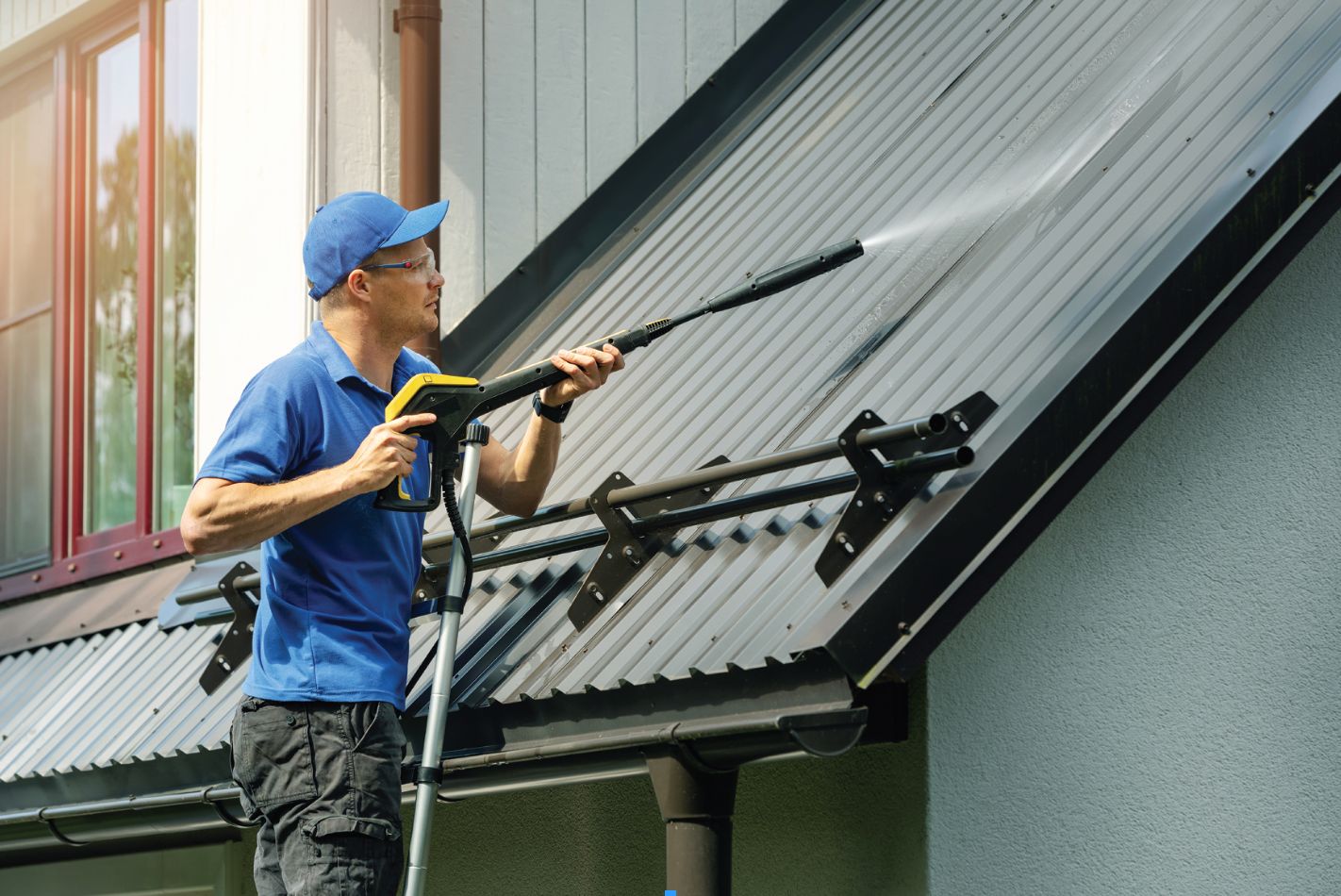
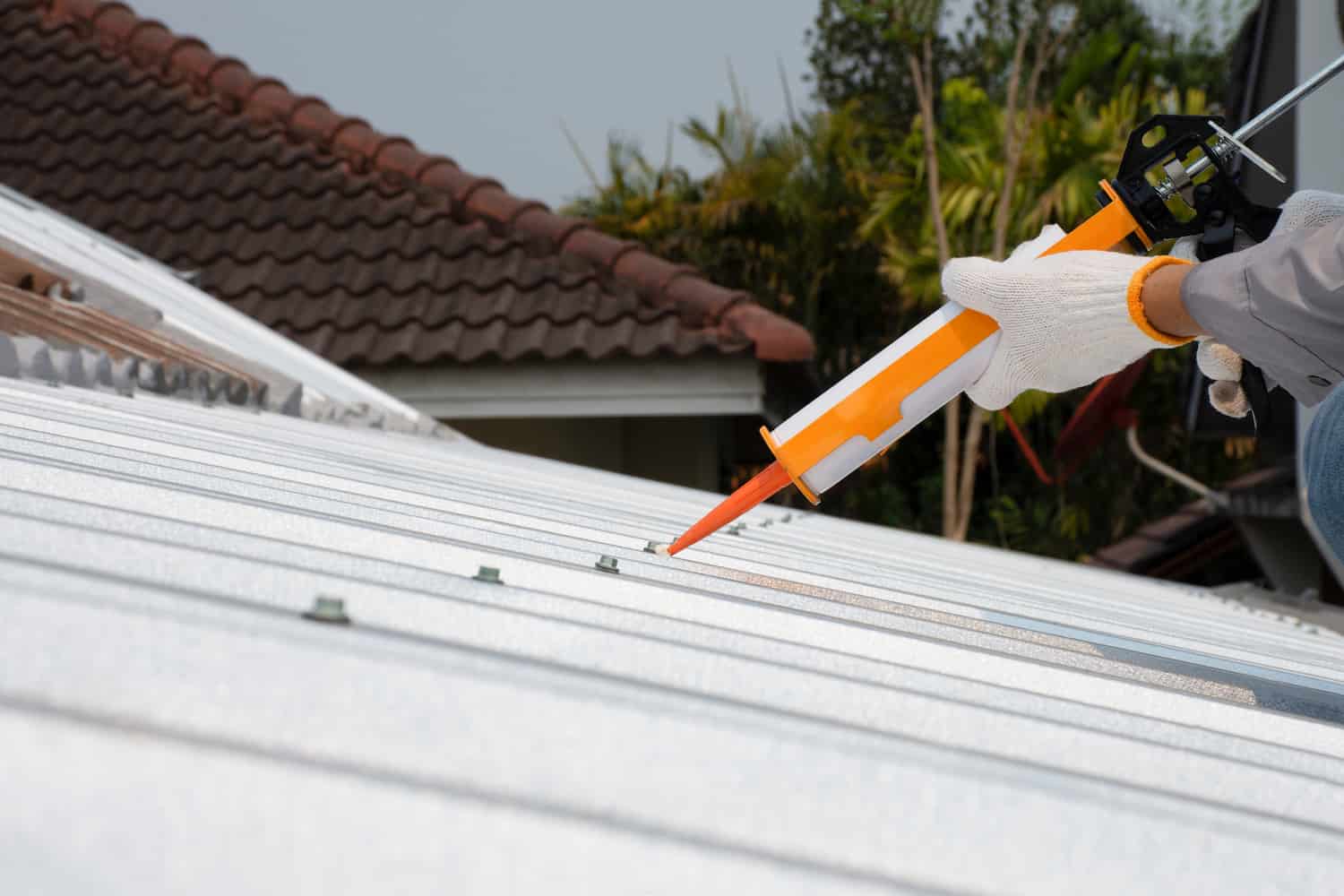
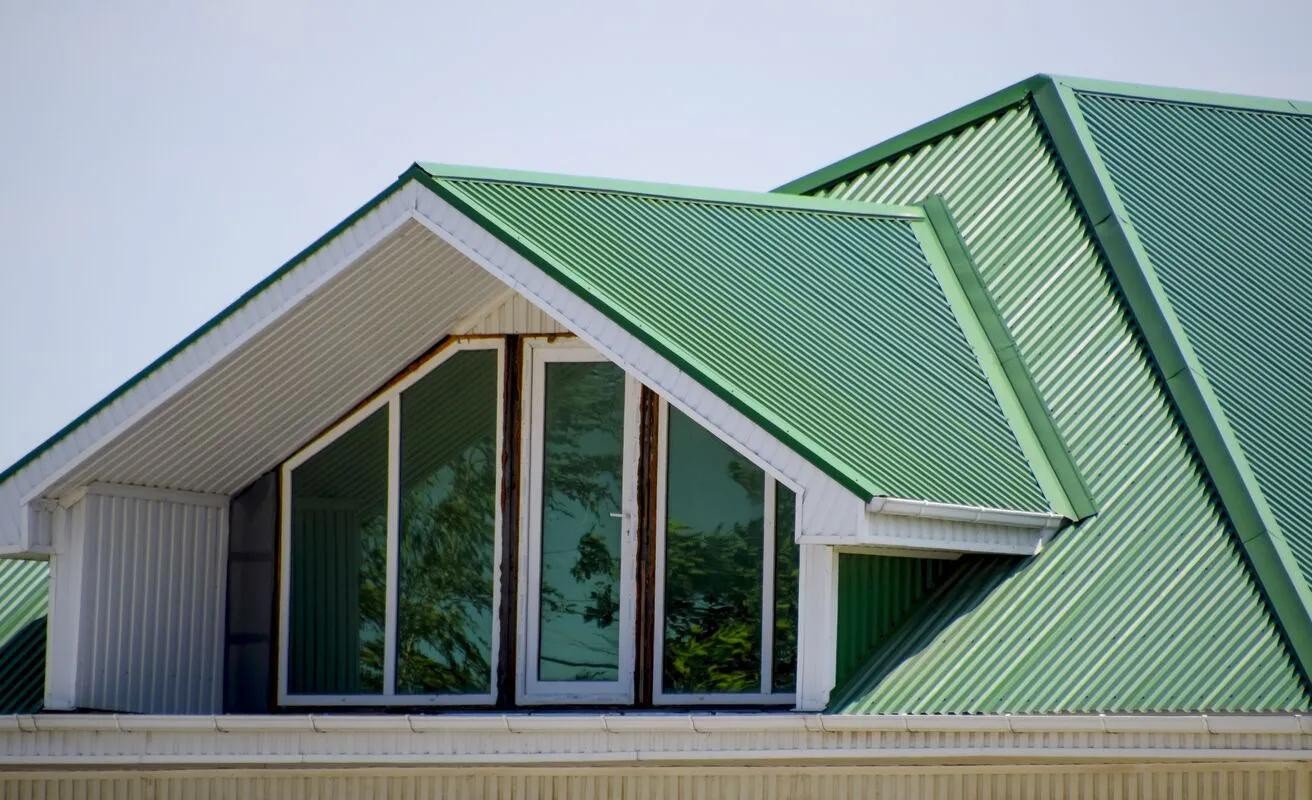
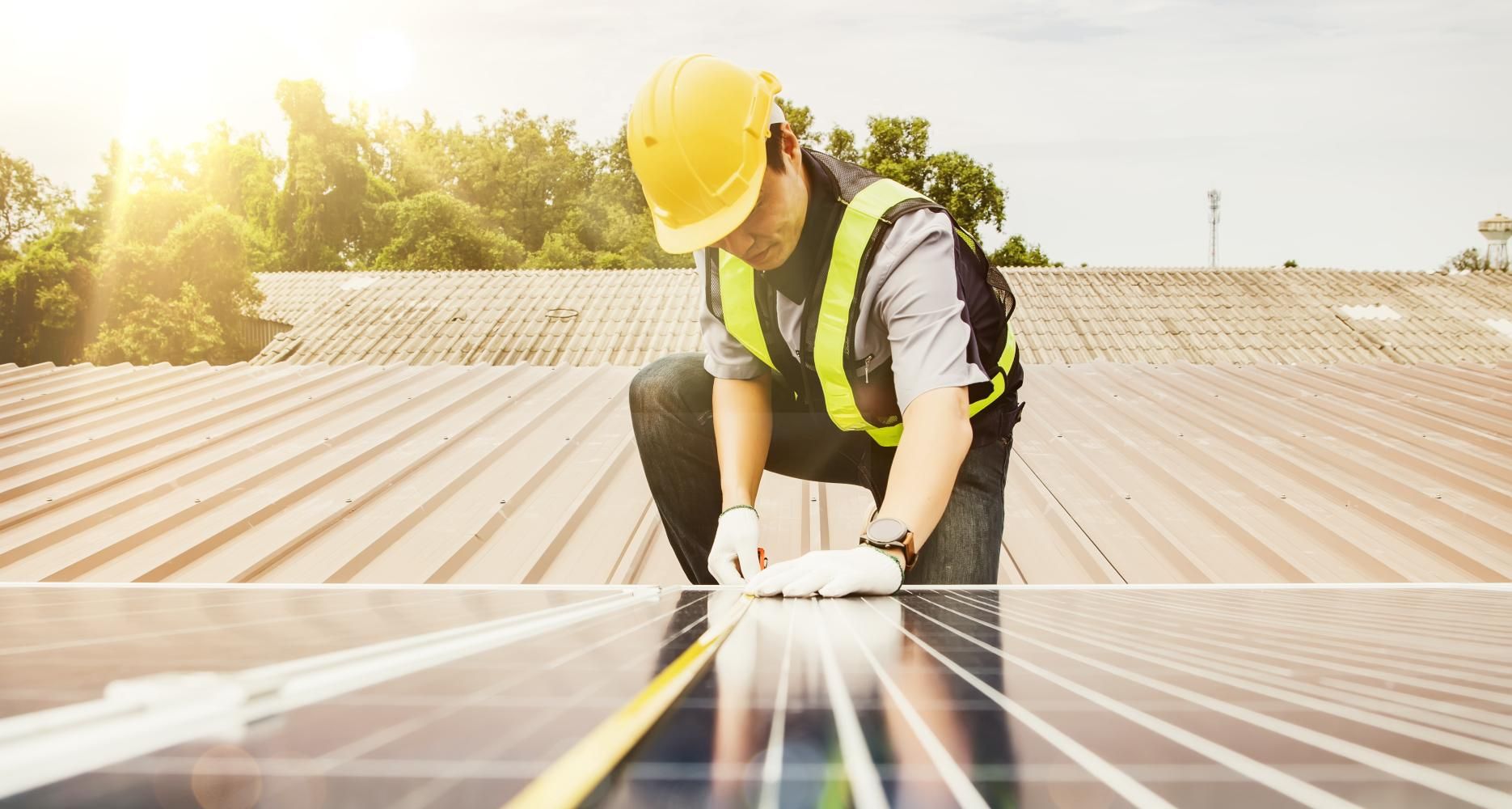
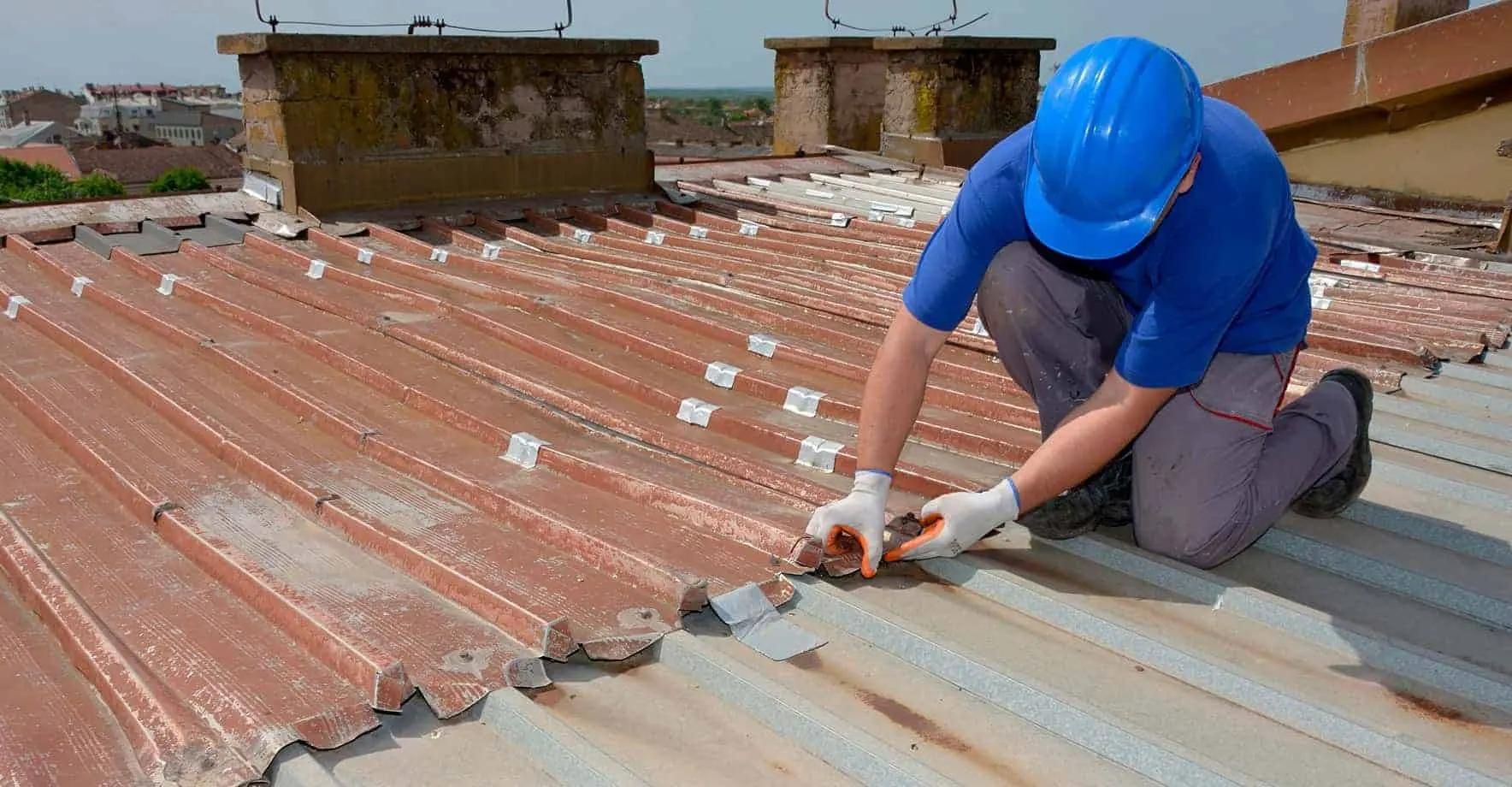
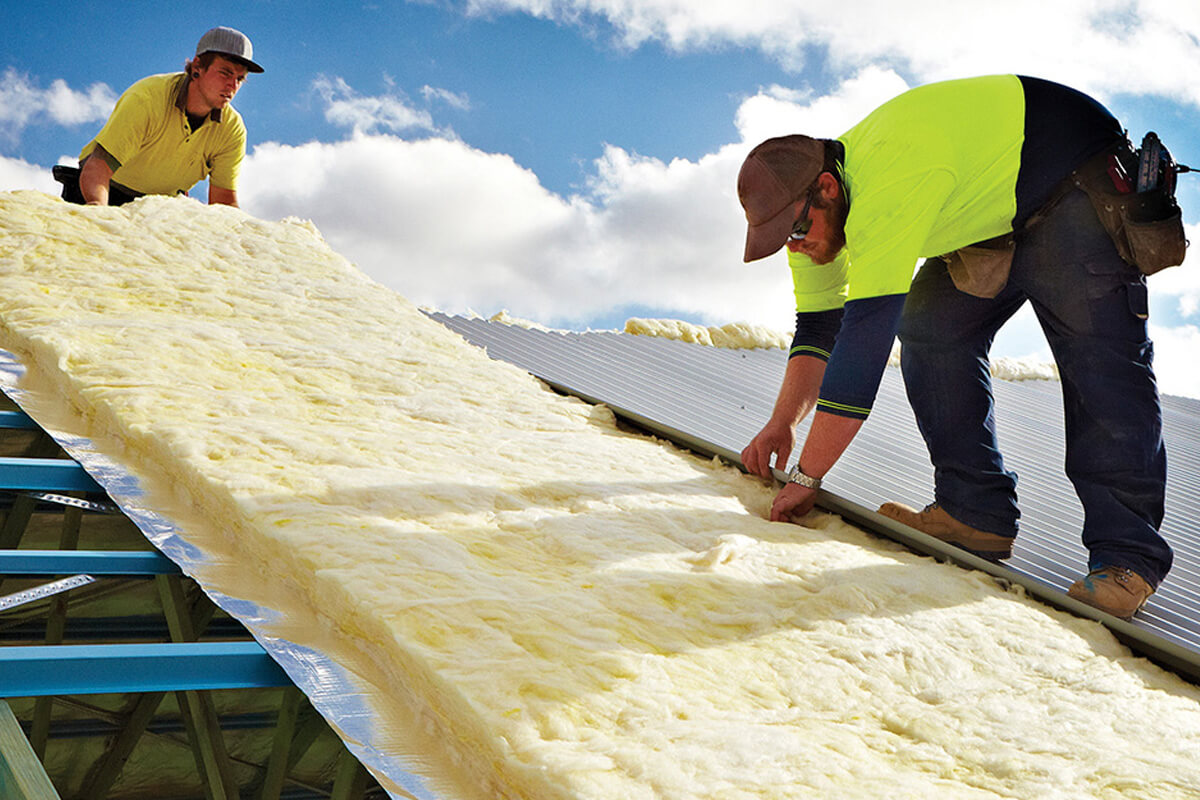
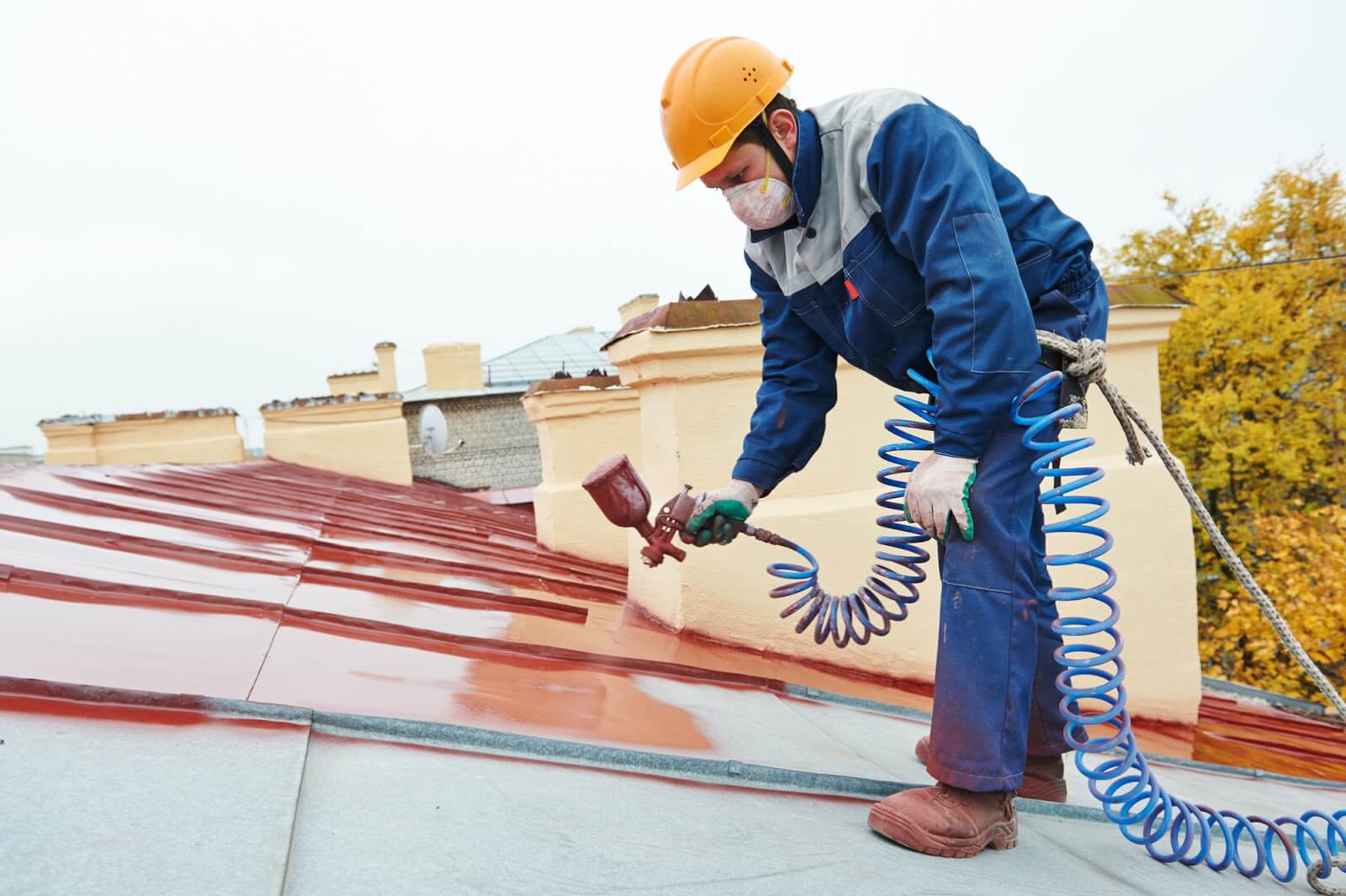
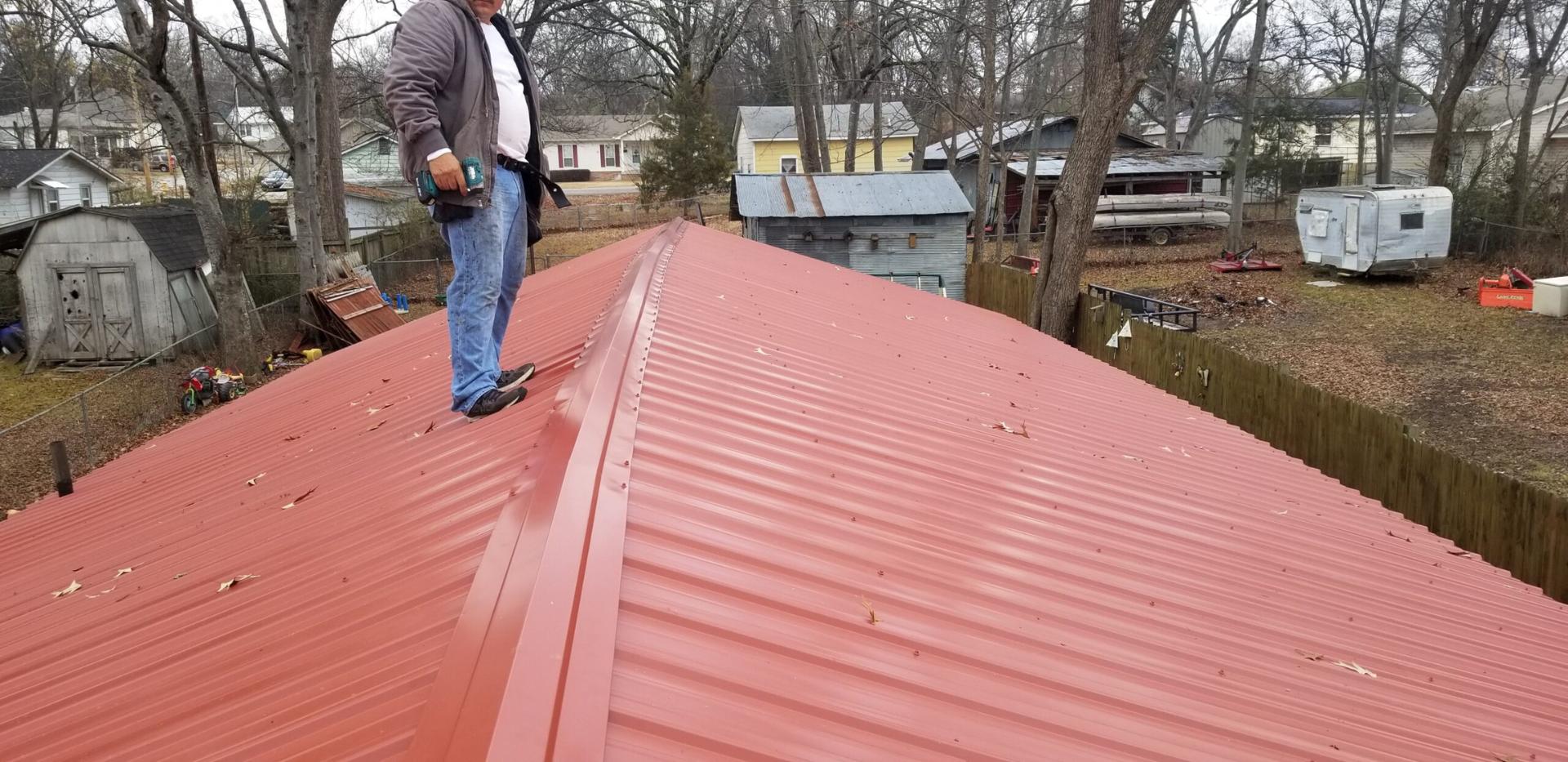
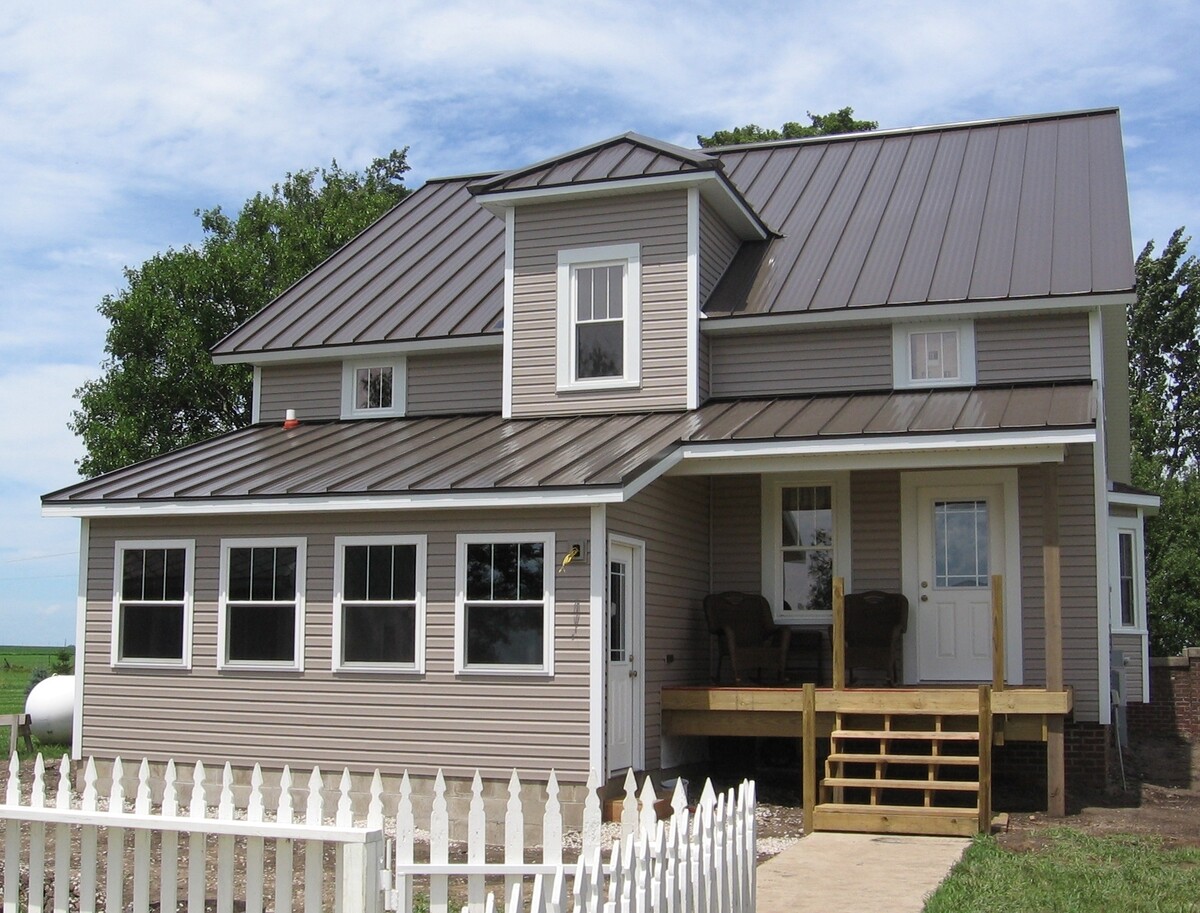
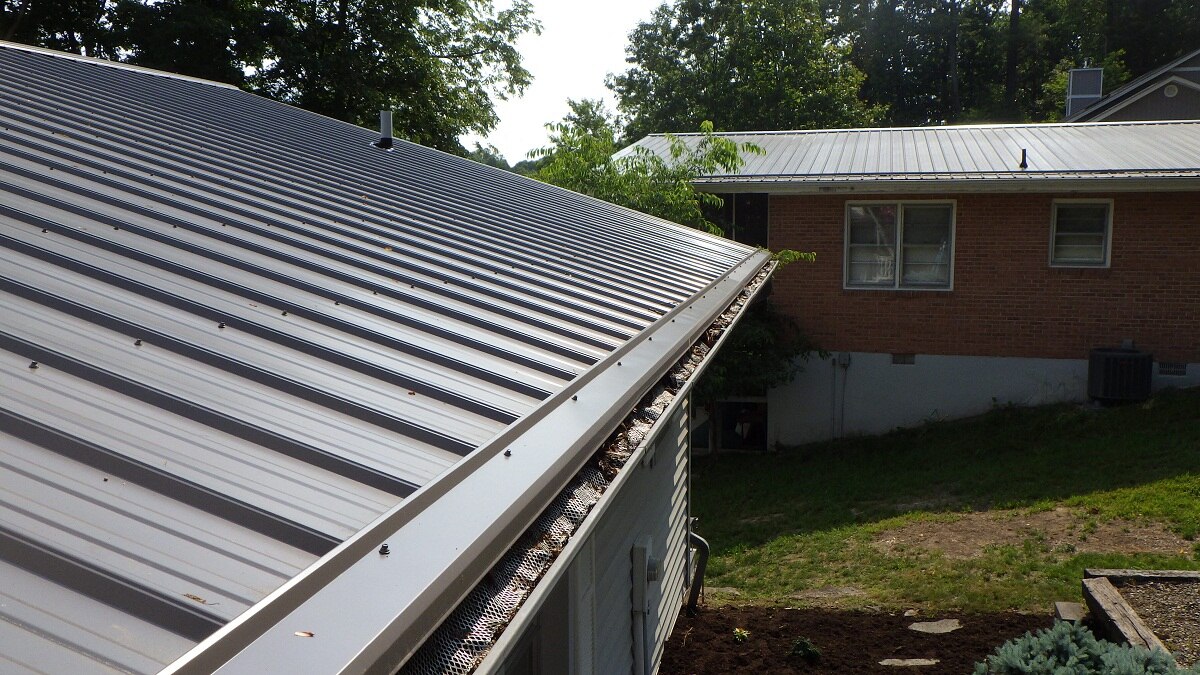
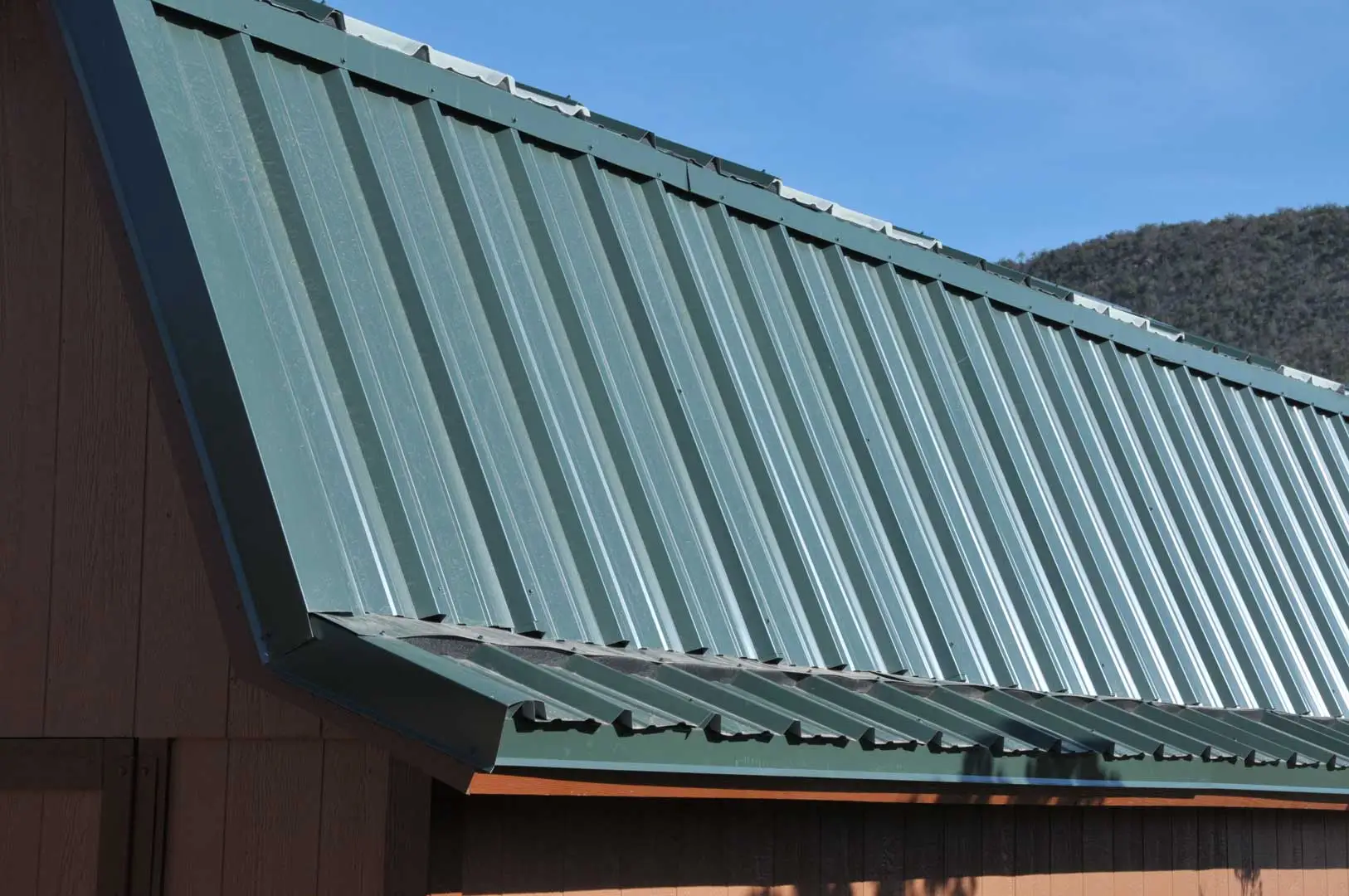
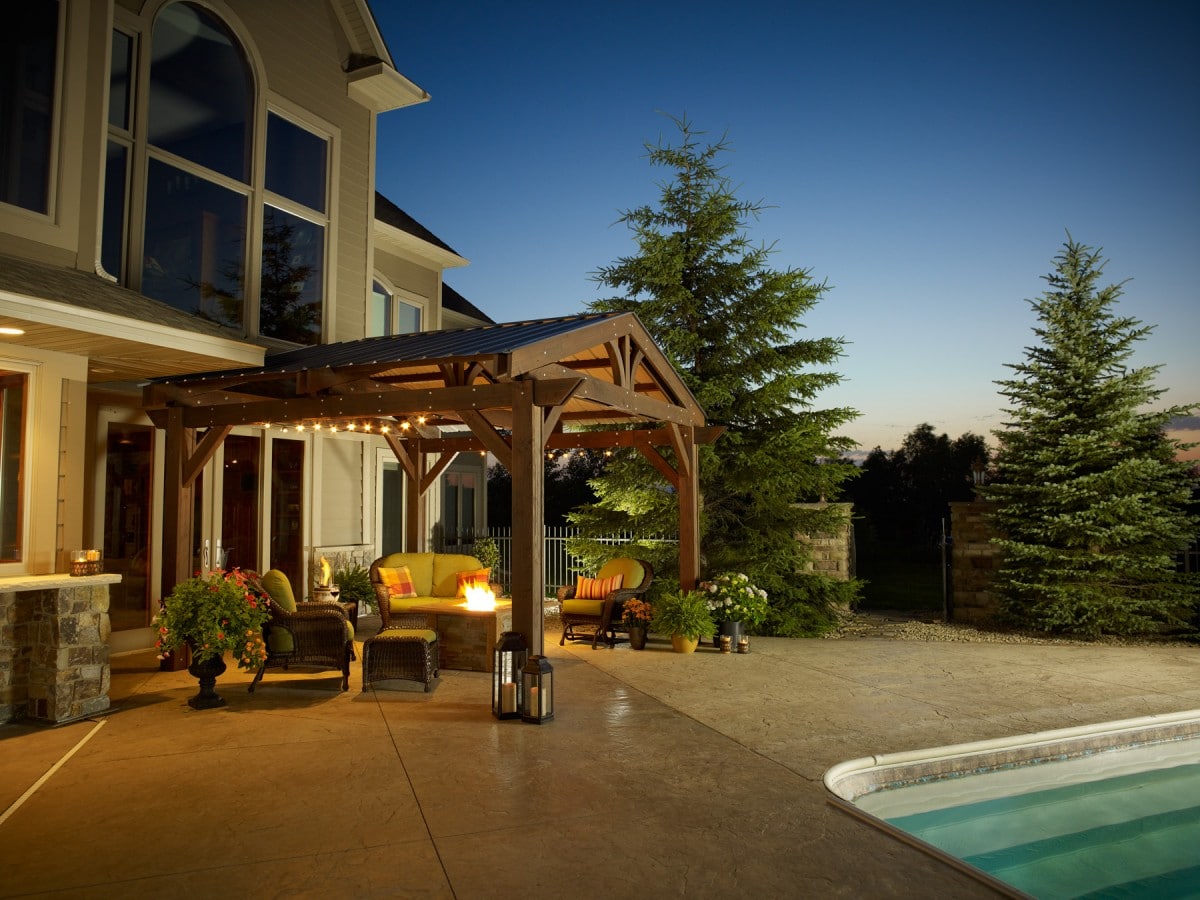
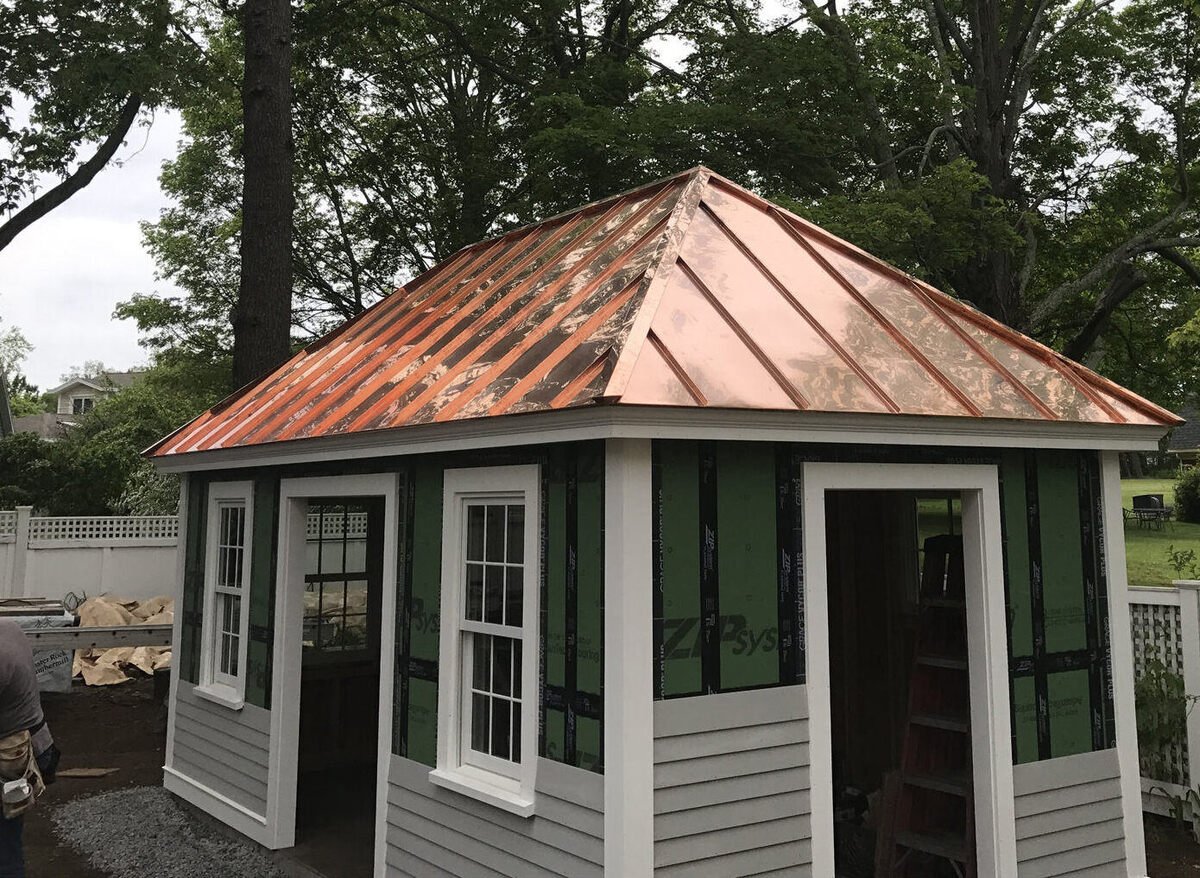
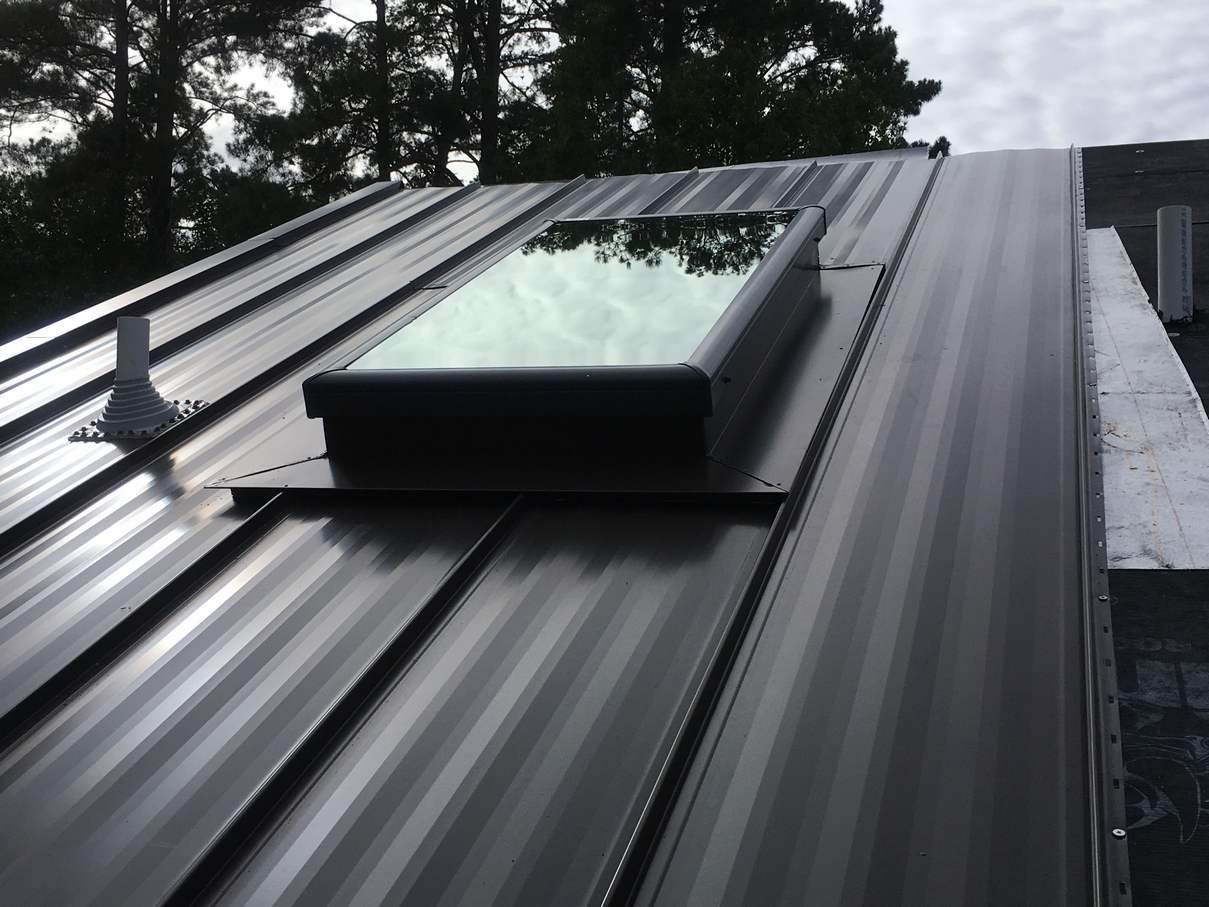

0 thoughts on “What Is The Cost Of A Metal Roof”